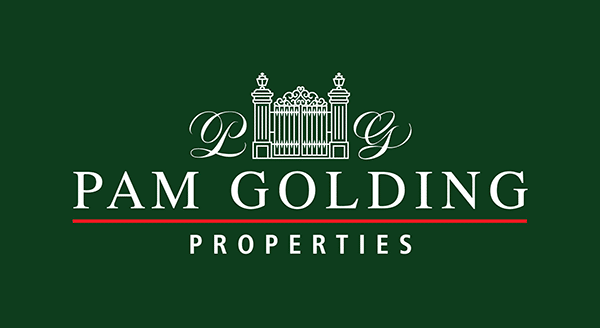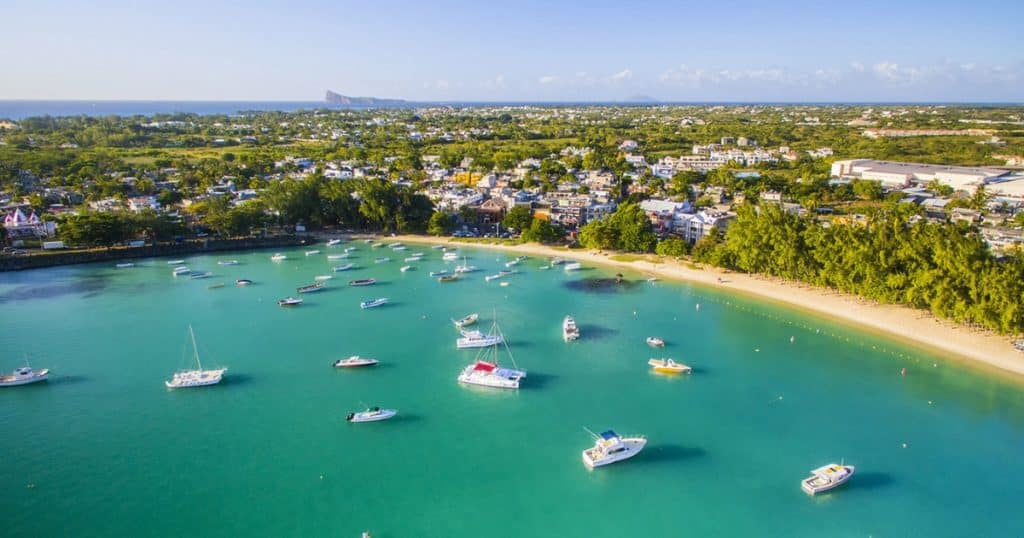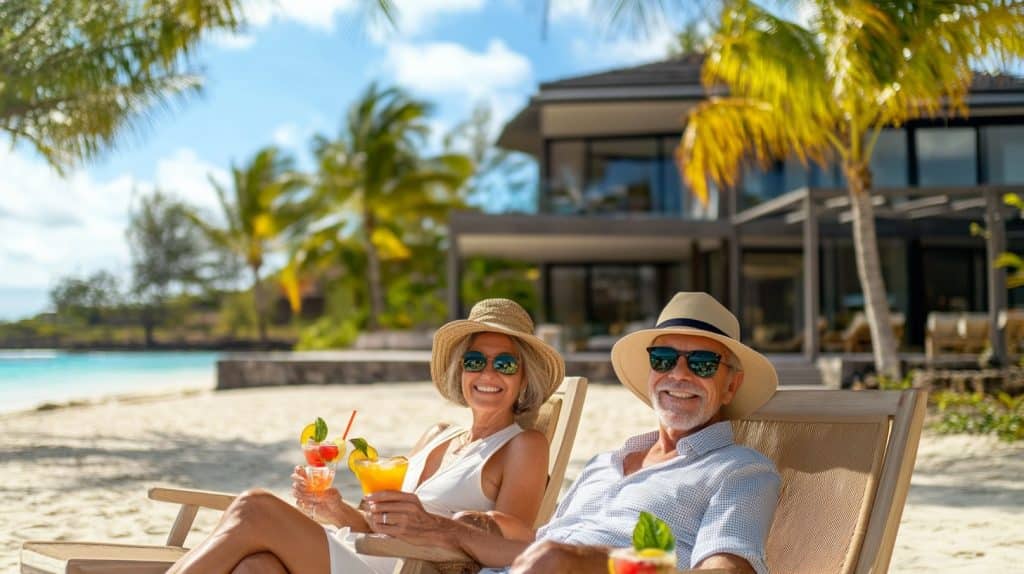Mauritius, famous for its tourist attractions such as coral reefs, lush vegetation, and turquoise waters, also has a fascinating history. Let’s discover together the different stages of its past.
The First Explorers and Colonisers
Phoenician Era
The history of Mauritius may date back to the time of the Phoenicians. Although nothing is formally attested, some researchers suggest that these great ancient navigators and explorers may have been the first to discover the island.
The Arabs and the Mascarenes
On the other hand, it is more proven that the Arabs settled there between the 9th and 11th centuries. The Mascarene Islands (an archipelago containing Mauritius and other islands such as Rodrigues and Réunion) are present on maps drawn by the Arabs during this period. They wanted to expand their commercial influence in the Indian Ocean.
Portuguese Conquest
Then, at the beginning of the 16th century, the Portuguese began their conquest of the region, reducing the domination of the Arab states in East Africa in particular. Mauritius was initially uninhabited. But the Portuguese did not settle on the archipelago. Despite everything, their arrival corresponded to the beginning of the disappearance of a species of bird endemic to the island, the famous dodo… giant tortoises also suffered the consequences of the arrival of the settlers. The navigator Pedro de Mascarenhas gave his name to the Mascarene archipelago and his acolyte, Diogo Rodrigues, to Rodrigues Island.
Dutch Colonisation
It was at the very end of the 11th century that other Europeans would write a new page in the history of Mauritius: the Dutch, who were the first settlers. They were the ones who gave the island its current name. They were interested in its location on the route to India as well as its fauna and flora. They discovered the current village of Trou d’Eau Douce, a source of drinking water that allowed them to stock up on supplies. This Dutch occupation would last about a century.
Periods of French and British Colonisation
French Colonisation
French colonisation began in 1715 with the establishment of a prosperous sugar colony under the administration of the Compagnie des Indes. At this time, the Pamplemousses Botanical Garden was established, marking the beginning of efforts to document the island’s tropical flora.
British Domination
During the Napoleonic Wars, the United Kingdom seized Mauritius in 1810. Mauritius remained British until its independence in 1968. Seewoosagur Ramgoolam was Prime Minister at the time and remained so until 1982. His pro-independence party later became the Mauritian Labour Party. Mauritius remains part of the Commonwealth. The current Mauritian government runs the state as a parliamentary republic.
World Heritage and Historic Sites
Two historic sites in Mauritius are listed as UNESCO World Heritage Sites, including Le Morne Brabant. They both relate to the period when slaves and then immigrants worked on the island, particularly in the sugar cane plantations. They symbolise the struggle of slaves to regain their freedom, particularly when the French colonists refused to implement the decree abolishing slavery in 1794. Another place is linked to the history of slavery on the island: Rivière Noire (Black River for English speakers), characterised by its dry climate (hence its name).
Some islets belonging to the Republic of Mauritius remain uninhabited to this day. This is particularly the case for Île aux Cerfs, which, although it no longer has any deer, is considered a paradise with its fine sandy beaches.
The history of Mauritius is still linked to the various periods of colonisation. Thus, in early 2019, the International Court of Justice issued a positive opinion regarding the return of the Chagos Archipelago, still administered by the United Kingdom, to Mauritius!
What is the Nationality of the Inhabitants of Mauritius?
Mauritius has been independent since 1968, and its inhabitants therefore have Mauritian nationality. Following the various colonisations it has undergone, it was successively Dutch, French and then British. The first language of this island state is English, although there are no official languages. The local population also speaks Mauritian Creole, and a large part also speaks French. The currency in use has been the Mauritian rupee, since the end of the 19th century.
What is the Former Name of Mauritius?
The first known names of Mauritius date back to the Arab era, given by navigators. Dina Arobi or Dina Arobin is said to be the first name discovered. Today, many hotels and tourist sites have taken this name in their names. Then, it was the Portuguese explorers who gave the name “Cirné” to the island. The current name of Mauritius (Mauritius) was given by Dutch colonists in honour of Maurice of Nassau, Prince of Orange. Once renamed Isle de France with the arrival of the French (who had named the current Réunion “Île Bourbon”), the island would resume its name of Mauritius when it came under British rule.
As for its capital, Port Louis, it was first named North West Port by the Dutch colonists (French translation). Then, in honour of Louis XV, the French gave it the name of Port Louis. Other places or villages also owe their names to one of their discoverers, such as the village of Chamarel (Charles Antoine de Chamarel settled there at the end of the 18th century).
What are the Inhabitants of Mauritius called?
The inhabitants of Mauritius are called Mauritians. The Mauritian population is very cosmopolitan, coming from the different waves of European colonisation, notably African slaves, and Indians. Many Mauritians are also of Indian origin and the main religion is Hinduism. The settlement of the island probably began with the arrival of the Portuguese in the 16th century.

Born in Mauritius, I have a Bachelor of Arts in Mass Communication. I have nearly 12 years’ experience in marketing, public relations and communications. Passionate about meeting people, creativity and business growth, I am results-oriented. My goal is to guide communication to touch the hearts and minds of customers. My motto is: “Treat others as I would like to be treated.”






